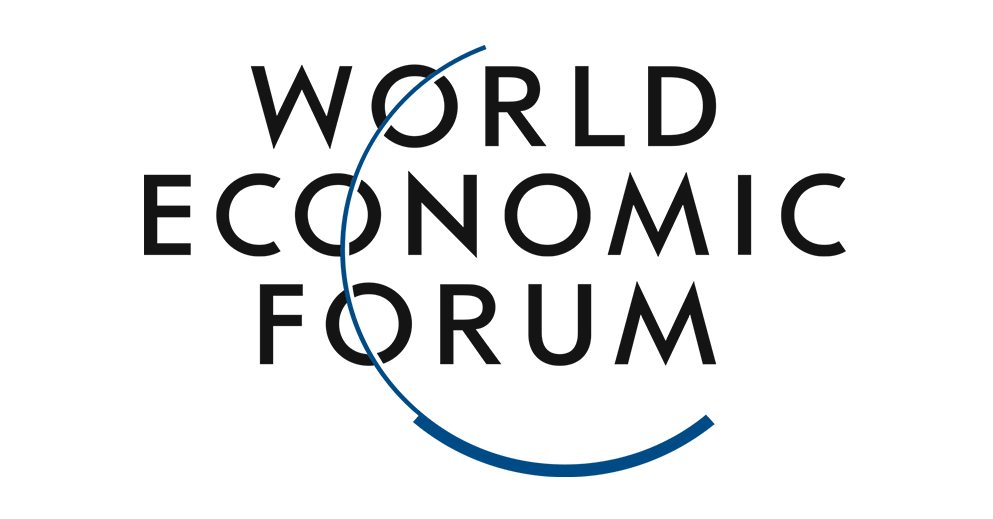The world came together once again for the World Economic Forum in Davos Switzerland. Under the theme of ‘Stakeholders for a Cohesive and Sustainable World’, the public sector met with NGOs, individuals, activists, academia and private institutions. Climate change was a hot topic, especially for the food and agricultural sector.
According to the World Meteorological Organization (WMO) 2019 was confirmed as the second warmest year on record (after 2016). This has consequences for the entire agriculture value chain, especially on crop management costs, crop quality, and food safety.
Here are three takeaways from Davos on sustainability challenges within the food and agricultural sector:
1. Low-carbon and sustainable food supply chains are the future.
The first takeaway for many companies from this year’s World Economic Forum: it’s absolutely essential to reduce their CO2 footprint. Big food companies faced scrutiny for their strategies to tackle climate change. Nestlé (the Swiss food giant) announced an investment of up to CHF 2 billion to lead the shift from virgin plastics to food-grade recycled plastics and to accelerate the development of innovative packaging solutions.
This initiative aligns with Nestlé’s aim to go net-zero CO2 emissions by 2050. “Making recycled plastics safe for food is an enormous challenge for our industry,” Mark Schneider, chief executive of Nestlé said in a statement. As one of the larger food companies, Nestle is leading the charge. Their work will hopefully serve as a north star for others who want to follow in their footsteps.
2. Climate change has started to introduce seismic shifts in the protein industry.
In order to reduce the CO2 footprint, companies need to come up with creative business strategies in a way that allows farmers to contribute positively to the solution. Amy Byrick, DuPont Global Leader for Food & Beverage talked about the “seismic shifts” occurring in the plant-based protein sphere. According to WBCSD data, the livestock sector is a major emitter of greenhouse gases, generating 7.1 Gt CO2e and representing 14.5% of all human-induced emissions. Dupont has been looking more into sustainable plant-based proteins. Alternative protein sources were a key topic in Davos, on “Future Food Wednesday” Nestlé provided people with plant-based alternatives.
According to Dupont, “Meat alternatives are experiencing explosive growth, driven by a consumer profile that values health, clean eating and sustainability. And this growth isn’t expected to slow down soon.” Fast food chains are picking up on the plant-based trend as some are already serving some plant-based options. In parallel, the pulse industry expects a market boost, as pulses are high in protein and a good substitute for animal-based protein.
3. Work together.
When it comes to sustainable developments in any sector, it is almost always easier and faster to accomplish them while working together. Tyson Foods (one of the largest meat processors) announced the creation of the Coalition for Global Protein, a multi-stakeholder initiative to advance the future of sustainable protein. Their goal is to unify food companies globally in search for new and creative solutions to sustainably feed our growing population. “As one of the world’s largest food companies, we want to help ensure the responsible production of affordable, nutritious food for generations to come,” said Noel White, chief executive officer of Tyson Foods.
We at ClimateAi believe that these transformations should not happen at the expense of the financial sustainability of farmers/growers around the world. We are working on business models involving growers and food companies where value is distributed across supply chains, and farmers are fairly compensated for their hard work in driving this transition. Find out more about how we help build resilience and profitability for farmers and ag-businesses by visiting our website: www.climate.ai
